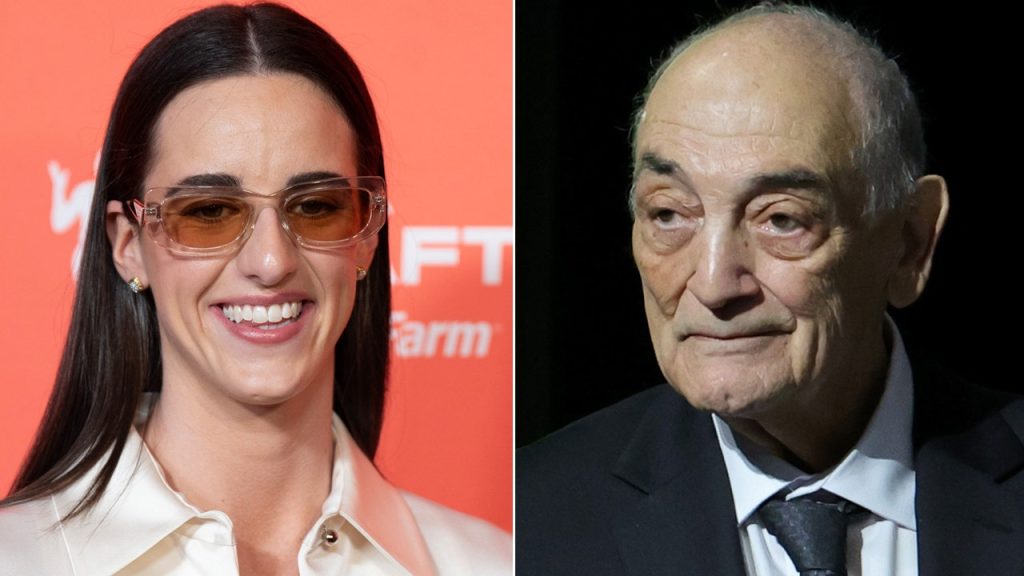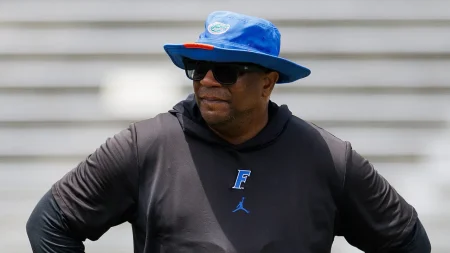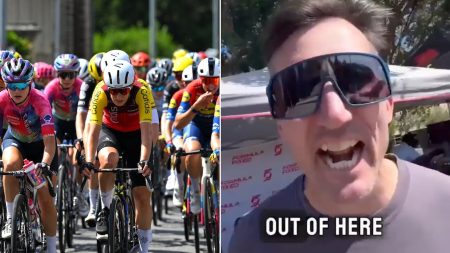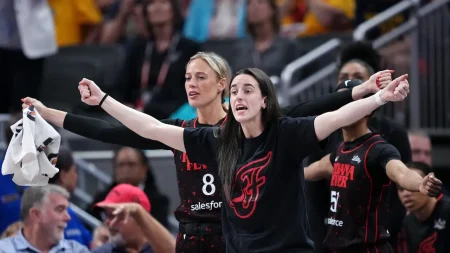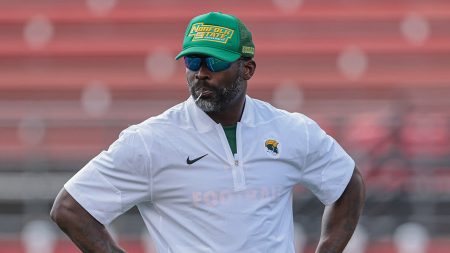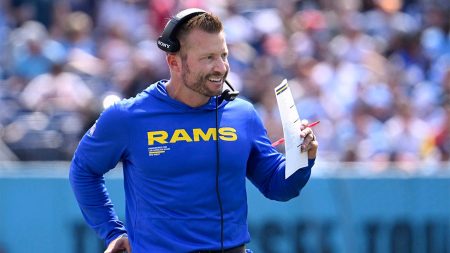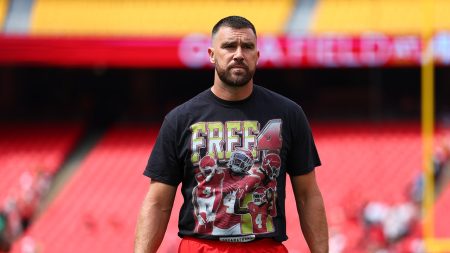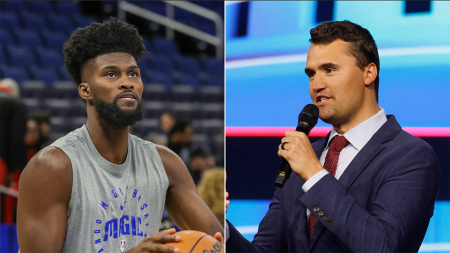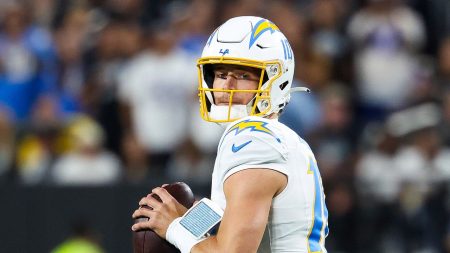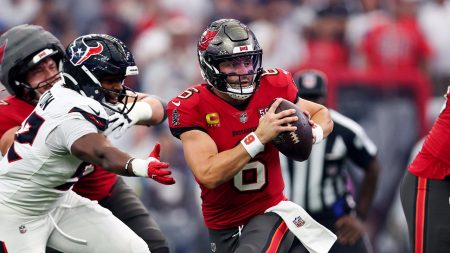Caitlin Clark recently signed an eight-year deal with Nike worth up to $28 million, which caught the attention of former executive Sonny Vaccaro. Vaccaro expressed his belief that Clark should have received a deal similar to the one Michael Jordan received from Nike in 1984. He felt that Clark’s potential as a basketball star warranted more money and involvement in the revenue streams generated by her brand. Vaccaro criticized the handling of the deal, suggesting that Clark was not adequately compensated for her market value.
Vaccaro mentioned that Clark may have felt obligated to Nike due to previous name, image, and likeness deals, which have become a significant factor in modern-day athlete endorsements. These deals have given athletes more leverage and options when negotiating contracts with companies. However, Vaccaro acknowledged that Clark is still early in her career and has the potential to become one of the greatest women basketball players in the world. He believes that her success in college will set the foundation for a successful professional career, and that there is still time for her to achieve greatness in the sport.
Clark’s deal with Nike was reportedly worth $3.5 million annually, with an average salary of $3 million per year. Nike saw Clark’s potential not only in women’s sports in the U.S., but also as a key figure in major sporting events like the Olympics in 2028 and 2032. The offer included a signature shoe for Clark, adding to her appeal as a marketable athlete. Under Armour also made a significant offer to Clark, with Stephen Curry personally involved in the pitch. The deal was reported to be worth $16 million over four years, but ultimately, Clark chose to stay with Nike for the long-term benefits and opportunities they offered her.
The debate over Clark’s shoe deal highlights the challenges and opportunities for women athletes in the sports industry. Historically, male athletes have received more lucrative endorsement deals and opportunities, overshadowing the achievements of female athletes. Clark’s deal with Nike is a step towards equal recognition and compensation in the sports world, but there is still progress to be made. The increased focus on name, image, and likeness deals has empowered athletes like Clark to negotiate better contracts and secure their financial future in the competitive sports market.
Clark’s success in college basketball and her endorsement deal with Nike have positioned her as a rising star in the sports world. Her record-breaking performances and potential for future success have made her a valuable asset for brands looking to capitalize on her market appeal. As she continues her career in professional basketball, Clark will have the opportunity to further establish herself as one of the top athletes in the world. The attention surrounding her deal with Nike reflects the changing landscape of sports endorsements and the growing recognition of women athletes in the industry.




